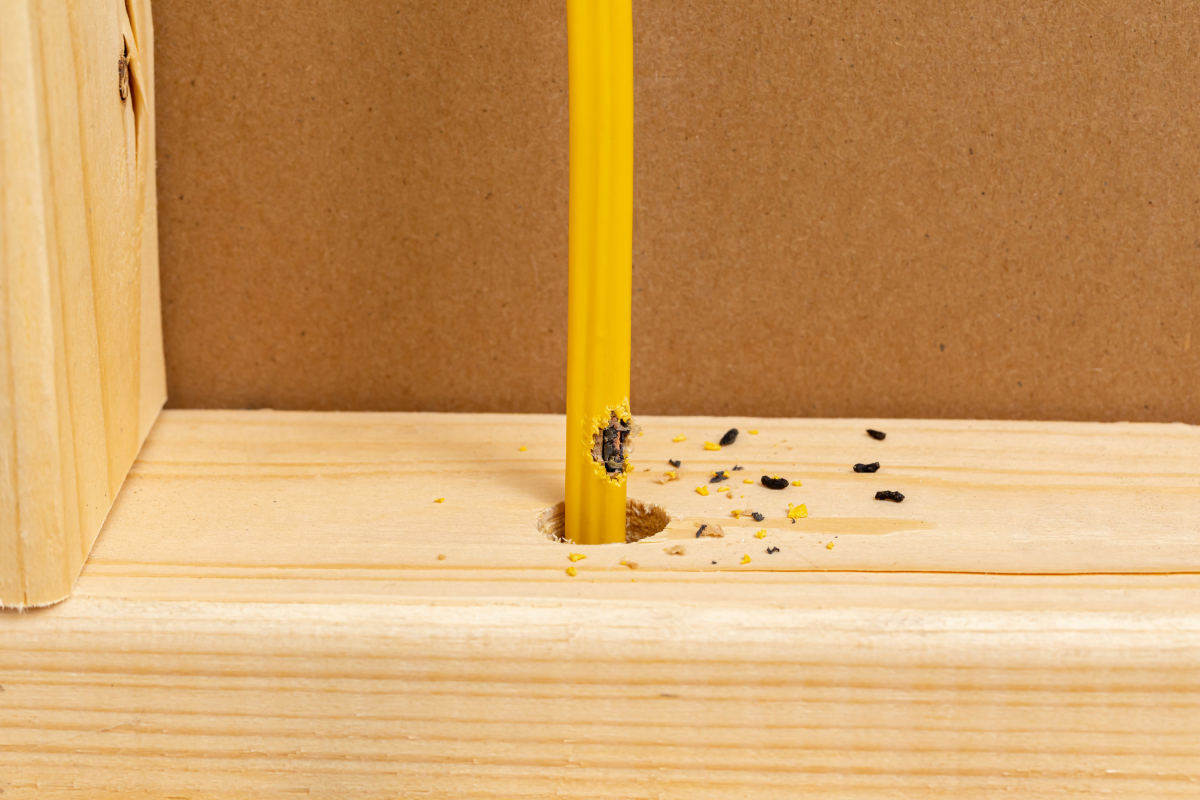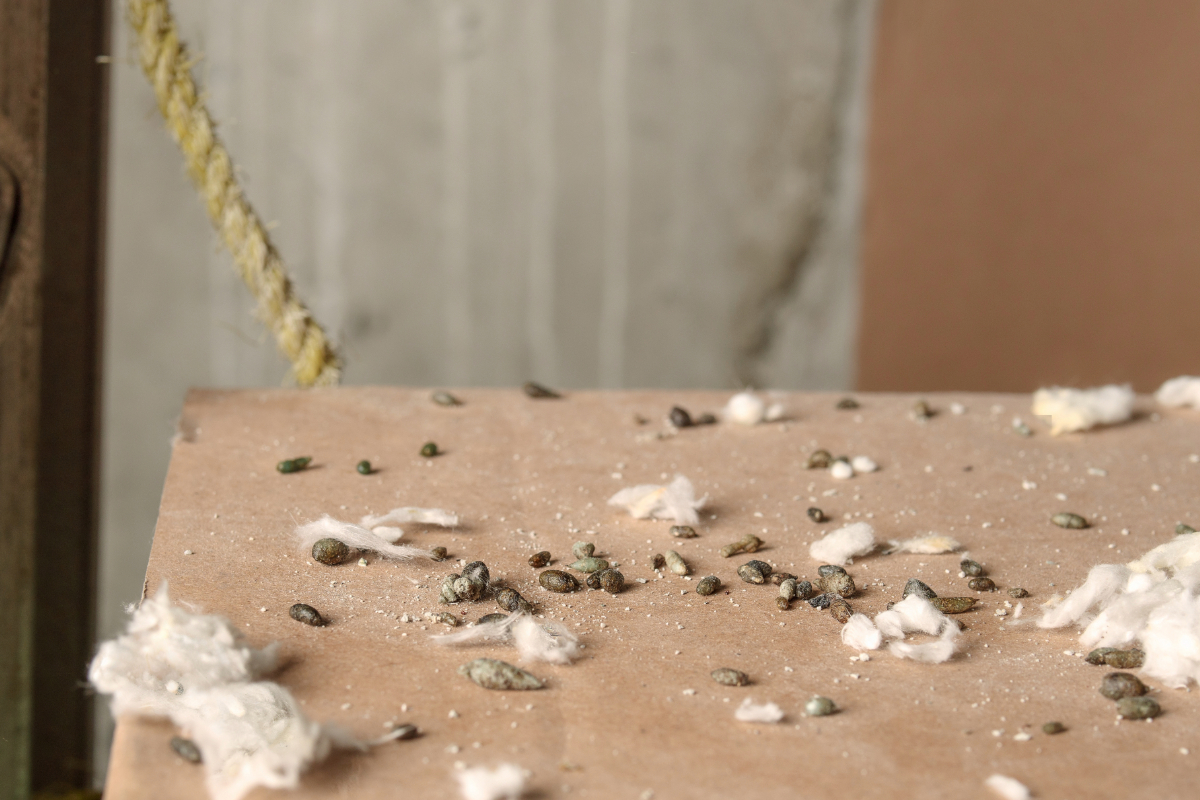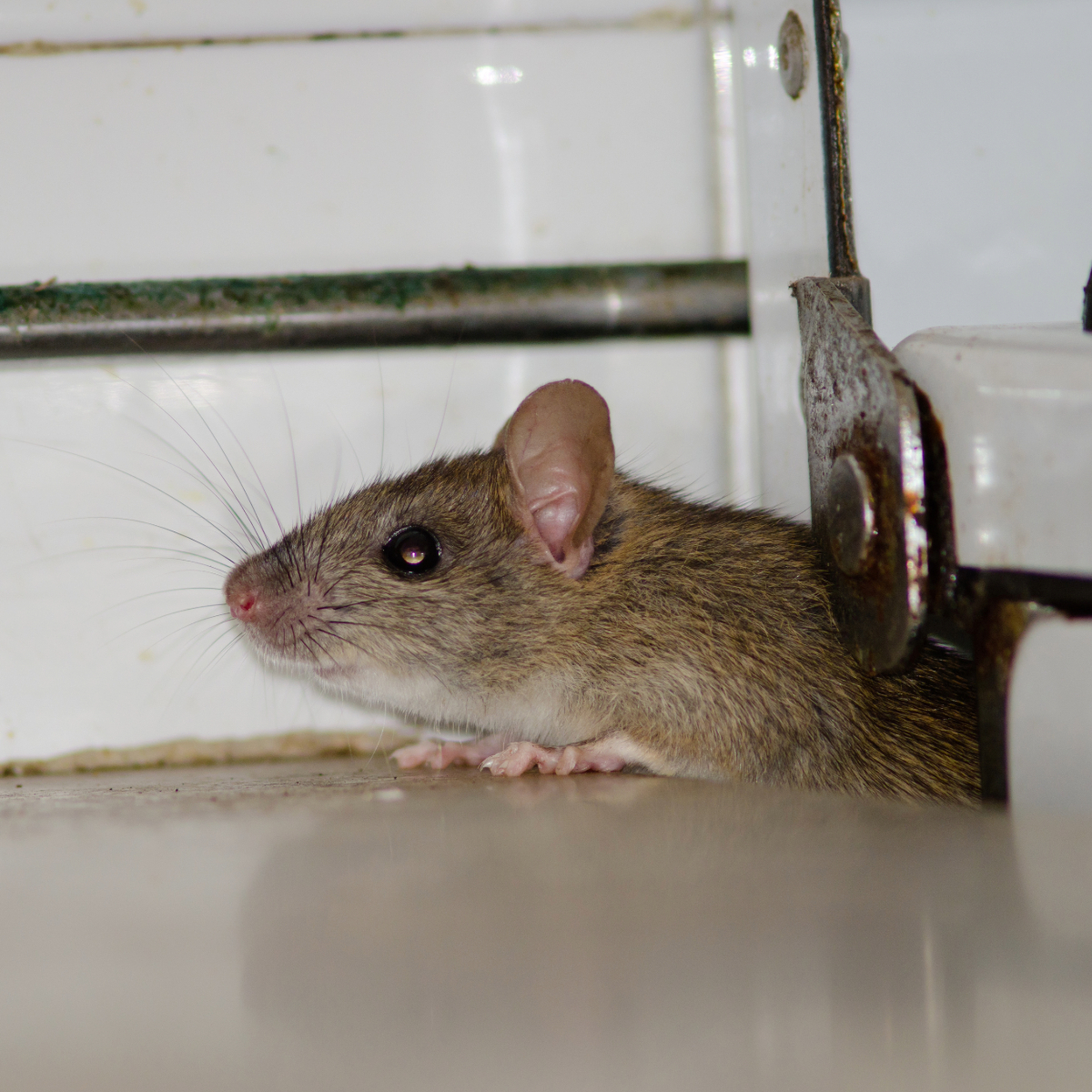The house mouse is commonly found in homes and offices throughout the Doylestown area. Seeing even one or two mice may signal danger, as females can produce up to 35 babies each year.
Because they multiply quickly, a small mouse problem can escalate into a serious infestation, exposing occupants to illnesses and property damage. Professional rodent control is essential for effective and lasting results.
House mice have rounded bodies measuring between 2.5 to 3.75 inches, with tails ranging from 2.75 to 4 inches. Their backs are typically light brown to dark gray, with a dusty gray stomach.
Due to their similar size and color, house mice are often confused with deer mice. However, deer mice have shorter, hairy tails, while house mice have long, hairless tails. Professional pest control experts can correctly identify and treat the right species.
House mice are opportunistic feeders. In the wild, they consume seeds, cereals, nuts, fruits, and insects. Inside homes, they eat almost anything, though they prefer grain-based foods.
While commonly found in fields and wooded areas, house mice also nest indoors in dark, secluded spaces such as wall voids, attics, basements, cupboards, and behind appliances.
They build nests using fabric, paper, insulation, and packing materials. Discovering shredded materials in your home may indicate an infestation.

House mice enter buildings through small cracks, gnawing on wood and other materials to enlarge openings. Once inside, they chew on furniture, carpets, books, and even electrical wiring, increasing fire risks.
Additionally, they contaminate food and surfaces with bacteria, creating health hazards.
House mice are generally not aggressive toward humans but may bite if cornered. They are more likely to fight among themselves, particularly males competing for territory.
Infestations can pose a risk to young children and elderly individuals, as mice may seek food residue on their faces or clothing.
Yes, house mice can spread diseases such as leptospirosis, rickettsialpox, and lymphocytic choriomeningitis. Their droppings, urine, and nesting materials can contaminate surfaces and food.
Clearing away their nests can also be hazardous due to airborne particles from their waste.


Successful rodent control involves proper species identification, trapping, and baiting. If you suspect a mouse problem, contact Newtown Termite & Pest Control.
Our experts will inspect your property, execute an effective rodent elimination plan, and provide preventive measures to keep your home or business mouse-free.
Schedule a FREE inspection today.